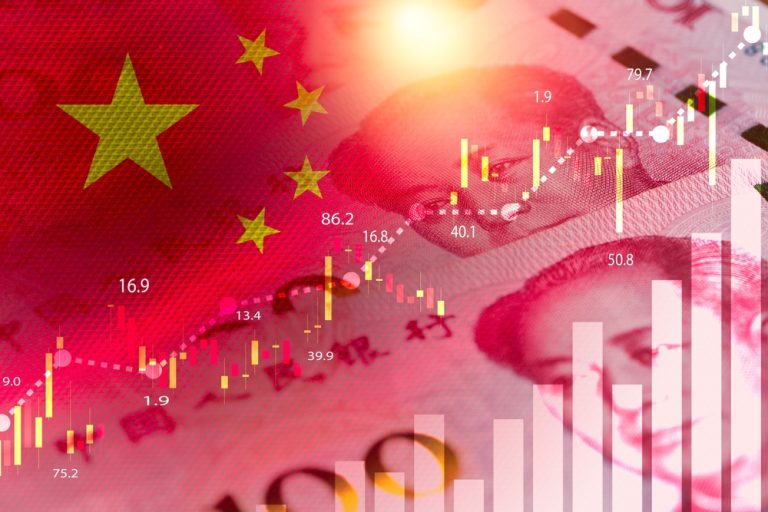Central bank signals shift away from dollar dominance
China’s central bank governor Pan Gongsheng announced plans to expand the international use of the digital yuan and advocated for a multi-polar global currency system. Speaking at the Lujiazui Forum in Shanghai, Pan said China will establish an international e-CNY operations center in the city, positioning the yuan for broader global adoption.
The move is part of a wider strategy to reduce dependence on Western financial systems amid intensifying trade tensions, particularly with the United States. Pan emphasized that a diversified global currency structure would bolster financial stability and create checks and balances against unilateral policy moves by major economies.
Weakened dollar boosts China’s currency ambitions
As investors reevaluate dollar-based assets following Washington’s aggressive tariff policies, China sees an opportunity to strengthen the yuan’s global role. Pan argued that developing a multi-currency system will constrain dominant sovereign currencies and better shield global markets from geopolitical risks.
The People’s Bank of China has long aimed to elevate the yuan to a global reserve currency, though capital controls have limited its progress. Despite this, usage of the yuan has grown significantly in nations like Russia and with key trade partners.
Digital yuan gains traction as foreign banks sign on
On the same day, six foreign banks — including Standard Bank and First Abu Dhabi Bank — agreed to adopt China’s Cross-Border Interbank Payment System (CIPS), a yuan-based settlement network. This is seen as a milestone in expanding the use of the yuan in international trade.
Pan criticized traditional payment systems for being inefficient and susceptible to geopolitical manipulation, stating they can be “politicized and weaponized.” The digital yuan, by contrast, offers a decentralized, secure, and state-backed alternative to U.S.-controlled networks like SWIFT.
China pledges financial openness amid yuan push
China’s foreign exchange regulator Zhu Hexin vowed to maintain yuan stability and defend against external shocks. Meanwhile, financial regulator Li Yunze emphasized that China will continue to open its markets to foreign institutions, offering a more transparent and stable investment environment.
Li underscored the importance of foreign players in linking China with global capital and talent, noting that the country’s growing consumer base presents long-term opportunities for international firms.


